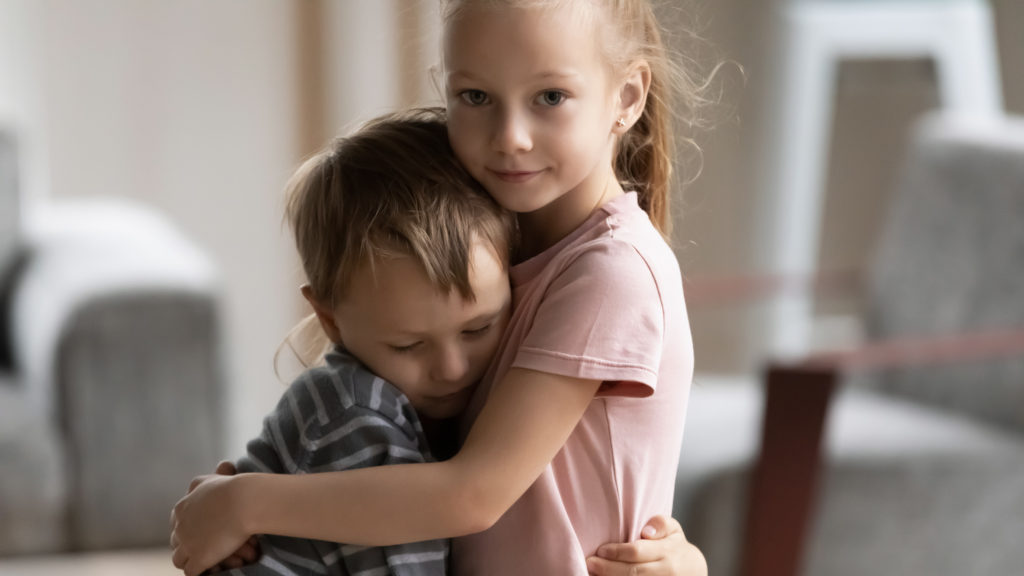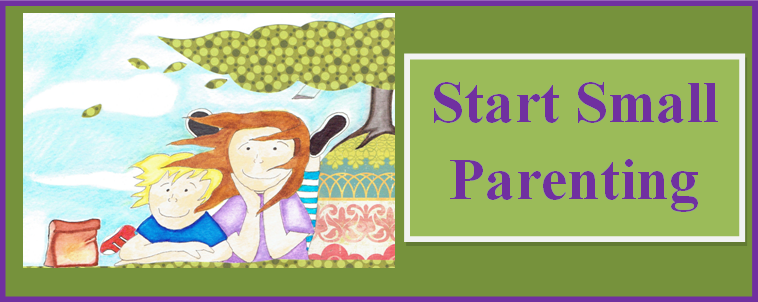The ineffectiveness of a forced apology and what to do instead

or disrespectful action has been taken.
Nice day at the park. Kids playing. Two parents chatting.
Suddenly, a scuffle. One girl is wailing. With horror, a parent rushes in. “Did
you hit her? Go on. Say you’re sorry!” The offender mumbles something
half-heartedly.
Many parents resort to the say-you’re-sorry command because
that’s what they’ve seen other parents do. If they stand back and do nothing,
they may be labeled as uninvolved or unable to control their child.
One parent told me that if the ‘sorry’ wasn’t her son’s idea,
he often resorted back to that which was
his idea – the original negative behavior. Whether it’s a stern reaction with a
punitive tone or a more respectful attempt to evoke empathy, “Say you’re sorry”
is ineffective. The parent’s desired outcome of a peaceful, child who acts
respectfully is not learned through the ventriloquist-like muttering of a
single word.
Teaching Empathy
A heart-felt apology starts with empathy – the capacity to
recognize and feel emotions experienced by someone else. Young children are
often not developmentally able to generate empathy on their own. It’s a process
of observing, being taught, practice, and growth.
Empathy can be taught through actions:
- Where
can the offender empathize with the other child? Parent to their own child: “It
made you sad when your toy was taken yesterday. Remember how that felt? Willow
is sad because you took her toy.” - Teach
them to take responsibility. If they are of a verbal age, help them to
acknowledge their actions and say, “I got mad. I didn’t mean to hit you. I’ll
try not to do that next time.” - Teach
them to find out more about the other child. Ask questions. “Are you alright?”
“Can I help you?” - Have
a boo-boo basket in the car and at home. Perhaps the child who was hit will
feel better with something from the basket, i.e. bandaids, herb cream, a
stuffy, a picture book of feelings, a snack, etc. This tangible act will build
trust, friendship, and empathy between the children.

How to Take
Responsibility
Due to too many rushed mornings, our family agreed to no use
of devices unless everyone was ready to leave for the day – but there was my
13-year old son on his iPad at the breakfast table. When I pointed it out, his
first reaction was, “Sorry. I won’t do it again.” Fast forward a day to the
same behavior, the same ‘sorry’. This had happened with other actions like
forgetting chores or eating candy between meals. The word had become a habit,
but there was no change in behavior.
“Create a learning experience instead…”
Instead of a meaningless apology, there are actions he can
take that will interrupt the cycle and create a learning experience. The first
step was to take ‘sorry’ out of his vocabulary – the word had completely lost
its meaning at that point!
I taught him the following actions:
- IMPACT – Acknowledge the impact on others: “Mom, it has got to be exhausting to keep mentioning this to me.”
- LEARNING – Expose something he’s learning about himself: “This device is addictive and I have a hard time limiting my use of it. When I do devices I have more trouble getting ready on time.”
- FUTURE ACTION – Redefine his actions going forward: “I renew my agreement to no devices in the morning.”
He takes ownership of the impact, reflects on a character
trait or pattern, and takes responsibility for his future. My job is to hold
him accountable and not let him sweep it under the rug next time.
To review, here are the three steps instead of ‘sorry’:
- Impact
of my action on others - What
I’m learning about myself - How
it will look in the future
Even with young children, these steps can start to be part of their awareness. The parent models and fills in the answers at first, gradually encouraging the child as they grow developmentally.
“Oh, honey. I see that Brian is crying because you took his toy (Impact). I know you are learning to ask (Learning). How about we bring him a glass of water and let him know that you’ll ask next time (Future Action).“
Over time – with your modeling and suggestions as well as many practice opportunities – children will be able to take these steps themselves.

